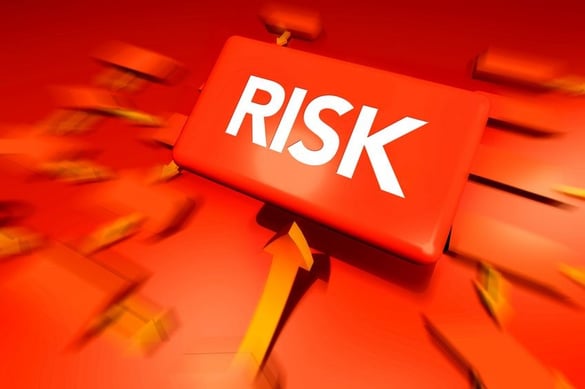
There's always a little risk involved in any decision. That's where the fun, and profit, begin. The trick, of course, is when, how much and how dangerous. When do you take the risk, what is your level of commitment and what is the downside? Taking and managing risk in today's supply chain market is simply the cost of doing business in a competitive market. Knowing how to manage that risk is becoming increasingly important.
Contract Management: Push Your Aggressiveness to the Edge of Your Comfort Level
Your procurement teams approach to contract management is a significant determining factor affecting your level of risk. "Contract Streamlining" is a trend to simplify the verbiage and mitigate the liability associated with the old school contracts. Newer styles of these contracts allow for greater latitude and liability mitigation. Optimized processes and newer technology also come into play in contract negotiation. "Contracting Lifecycle Management" is also a new concentration to ensure contracts are either reviewed, renewed or renegotiated in a timely and organized fashion. Failure to proactively ensure that each contract is in effect as it should be can cause liability exposure to your organization.
Understand The Financial Stability of Your Suppliers
Your suppliers are your lifeblood. Loose one unexpectedly and you will not only be scrambling for raw material but you'll pay top dollar for it. In 2016 Han Jin Shipping Lines declared bankruptcy and stopped operations the same day. The result was Tens of thousands of containers were stranded around the world. Bankruptcies happen regularly. Don't let them affect your operations. Most companies fail to require financial data from their suppliers proving stability and solvency. Insist on whatever financial documentation you need from your supplier to make you feel comfortable doing business with them. The good news is there is a new approach for measuring a firm’s financial stability. It relies on predictive financial stability reporting which is provided by the major credit reporting agencies. The information is available in a cloud information tool that warns procurement teams of potential financial weakness.
Do Your Due Diligence
All too often the obvious steps are completed without the due diligence required. Keep tabs on the performance of your suppliers. Far too many companies fail to supply their suppliers with feedback on their performance. There are exceptionally few companies who provide performance feedback to their suppliers. In the absence of such feedback potential problems remain potential until they become real from lack of a attention. An overall scoring matrix can easily be supplied to all partied relevant to the transaction to provide a benchmark for performance and an awareness of pending issues. After all, what doesn't get measured doesn't get fixed. To stay up to date on these and many other topics please subscribe to our blog www.Land-Link.com.



 Land-Link, a well respected professional organization, has been providing its clients with effective transportation and logistics solutions since 1978.
Land-Link, a well respected professional organization, has been providing its clients with effective transportation and logistics solutions since 1978.

